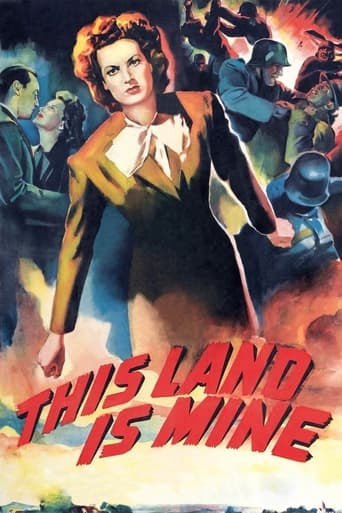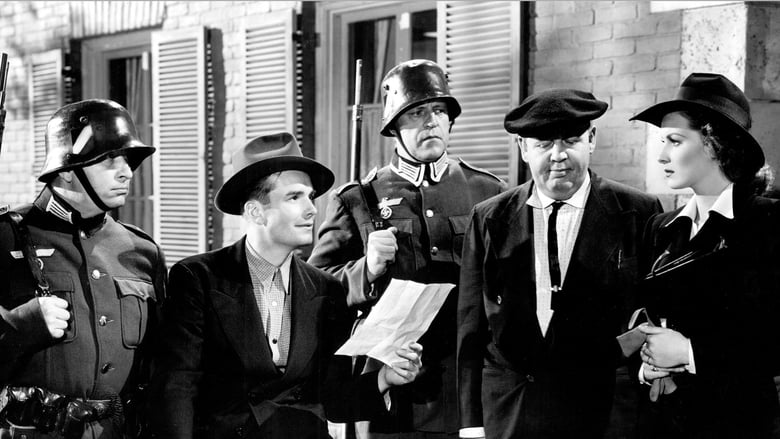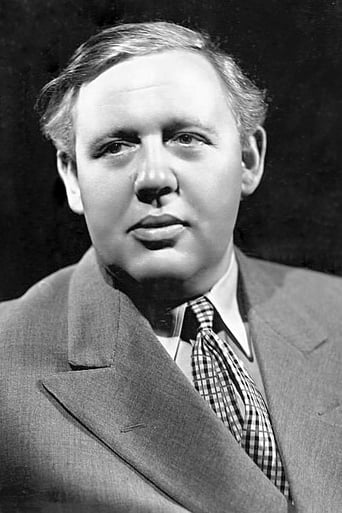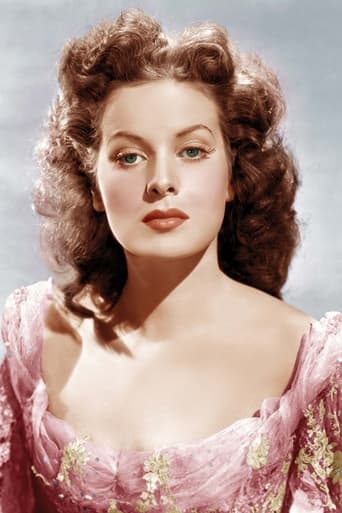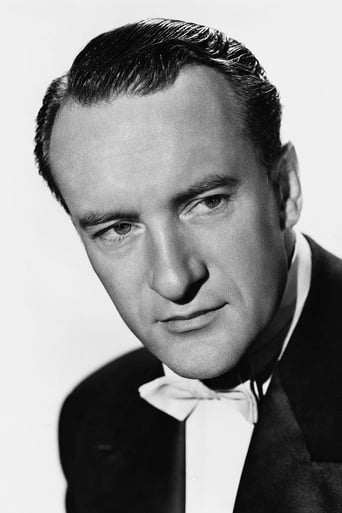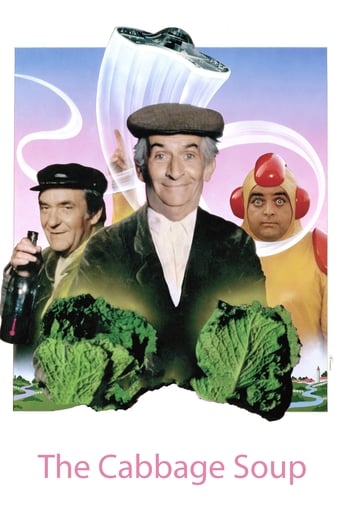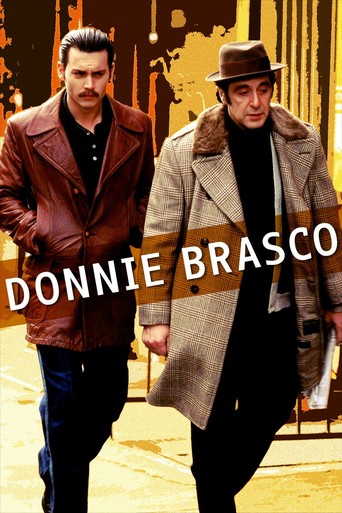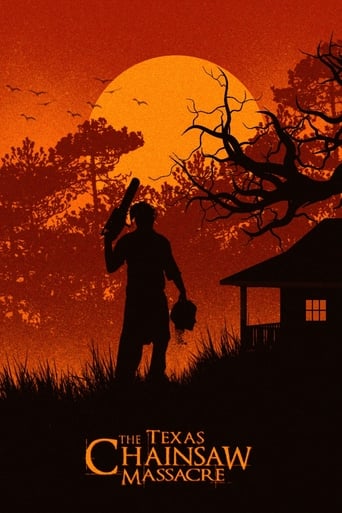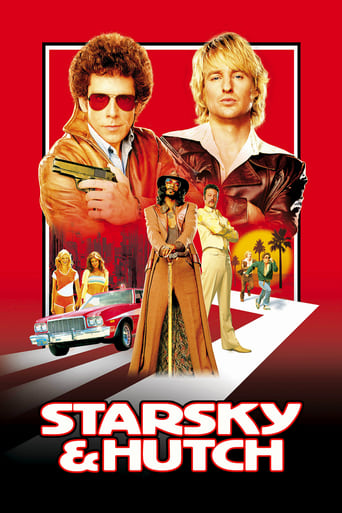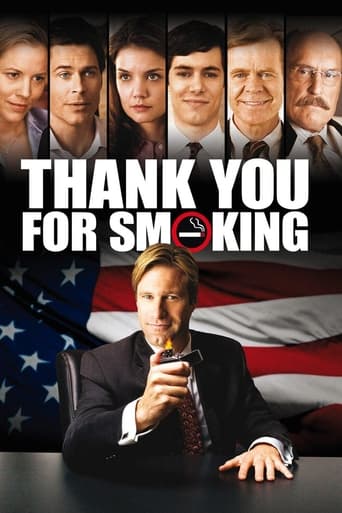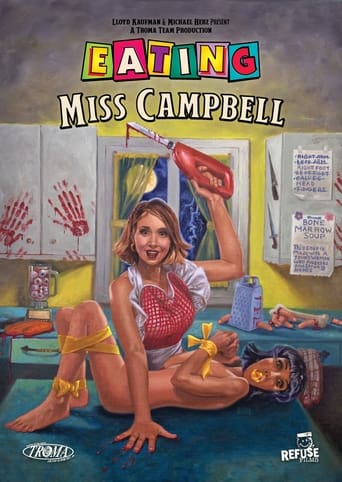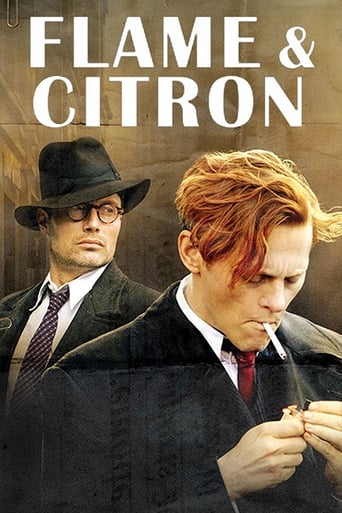This Land Is Mine (1943)
Somewhere in Europe, in a city occupied by the Nazis, a gentle school teacher finds himself torn between collaboration and resistance, cowardice and courage.
Watch Trailer
Cast


Similar titles
Reviews
I love this movie so much
I'll tell you why so serious
Good concept, poorly executed.
The biggest problem with this movie is it’s a little better than you think it might be, which somehow makes it worse. As in, it takes itself a bit too seriously, which makes most of the movie feel kind of dull.
this land is mine is timeless and a cautionary tale for today. previous revues of this film were offered either before our recent economic crash or very early on when we didn't know the depth of the calamity. now, in the ensuing years, it is becoming clear collaboration exists and requires no occupying enemy. despite the movie was propaganda, it was propaganda of the best kind. the entire film was without theatrics nor a punch-to-the solar plexus message as evidenced in the Laughton soliloquy; the clear measured tenor of a man who has found his heart and courage. casting of the supporting players was inspired. in a film with perhaps three or four second and third part players it may be easy enough to recruit a strong supporting cast but this movie had so many important roles the casting seems a minor miracle.kudos to all concerned in this gem. the one misstep, if i may be so picky, was the crescendo-ing close as the screen went black.
I am sure that there are many reasons why the brave and exceptional men and women of the "greatest generation" where able to leave their lives behind and put themselves in harms way to defeat the Axis Powers. One reason however must have been films like this one produced by Jean Renoir and directed by Nichols.I usually cringe at blatant propaganda, but I was quite moved by this one, and I'm sure it is due to the expert direction and also due to the fine performances turned in by Laughton, O'Hara, Slezak, Sands and O'Connor. It is basically a retelling of "The Scarlett Pimpernel", but not so directly as to be called a remake by anyone.If Maureen O'Hara (at that point in her career)would walk in and give me such a kiss, I would happily go to my death. French Resistance films may just have become my newly favorite genre (along with race-track movies, boxing movies, Irish movies and submarine movies.)
There are a number of very good performances in this picture -- Laughton, for one (an actor who was never afraid to present himself, when necessary, as both ludicrous and repulsive, but who manages to conjure up hidden depths in the same character), but also George Sanders, who supplies a sensitive portrayal of a man who just wants everything to run smoothly... until he discovers that one cannot stop at only one betrayal. Walter Slezak channels Francis L. Sullivan ("Pimpernel Smith") in the role of a corpulent, intelligent Nazi, Philip Merivale makes a convincingly idealistic headmaster, and, unexpectedly, Una O'Conner is surprisingly effective as the hero's fierce old mother. The performance slips occasionally into more familiar grotesquerie, but the vital element of fanaticism is well conveyed: this is a mother who will do anything for what she sees as her helpless lamb, even if her ideas of what is in his best interest do not always concur with his own.Maureen O'Hara -- so memorable as Esmeralda to Laughton's 1939 Quasimodo -- I found to be less convincing here. I'm not sure if that's the fault of the actress or the character; her delivery of lines when she discovers the truth about her brother is particularly cringe-making, alas. Kent Smith, meanwhile, is played more or less as a bland all-American hero: his best lines (and acting moments) come in the confrontation scene with George Sanders, although for most of the film it's hard to realise that the two men, so different in seniority (Sanders is a high-ranking official in charge of the whole goods yard, possibly the whole station: Smith is only a duty signalman under him, and appears at least ten years younger, although the two actors were almost the same age) and in character, are supposed to be close friends. The chase sequences involving Smith's character are successfully gripping.But my major problem with the film is that it's just too blatantly preaching to the audience. The broad colloquial Americanisms, though they jolt in such a Continental setting, are understandable in a US-produced film aimed at the home market: but the all too obvious Hollywood-type propaganda elements damage the film by seriously wounding its plausibility. Characters make speeches that are clearly aimed at convincing the audience back home rather than at influencing their fellow-characters: the doctrine of "life, liberty and the pursuit of happiness" is preached. The moral is punched home with a sledge-hammer.
because of the finishing speeches by Laughton, this is, by far, the best film Renoir ever did. Now, there something very special with Renoir. Films like La Grande Illusion and La règle du jeu are usually regarded as his best films, but these films are not courageous and do more to defend the status quo than to attack it any way. These films only make sense if you are willing to accept the status quo of the present abomination of market economy as unchangeable and that we may never get rid of the business-men in our midst. here, is instead a film, done in the middle of WWII, which firmly takes a stand against collaboration and, in the speeches by Laughton, gives good explanation how such collaboration is possible - not forgetting the root of the evil, "the business-men". This was a strong film yesterday and still is, if looked upon wisely.

